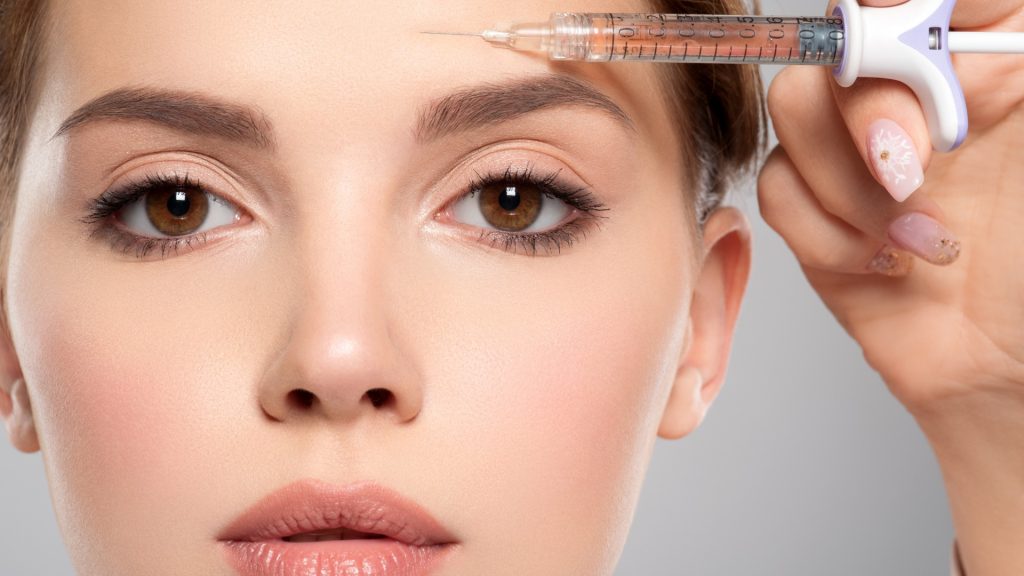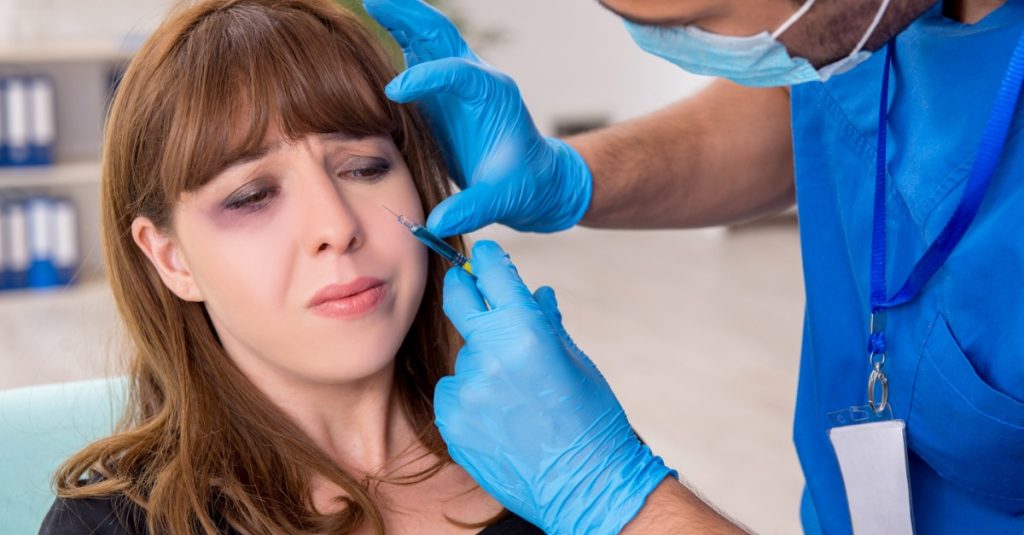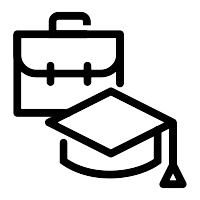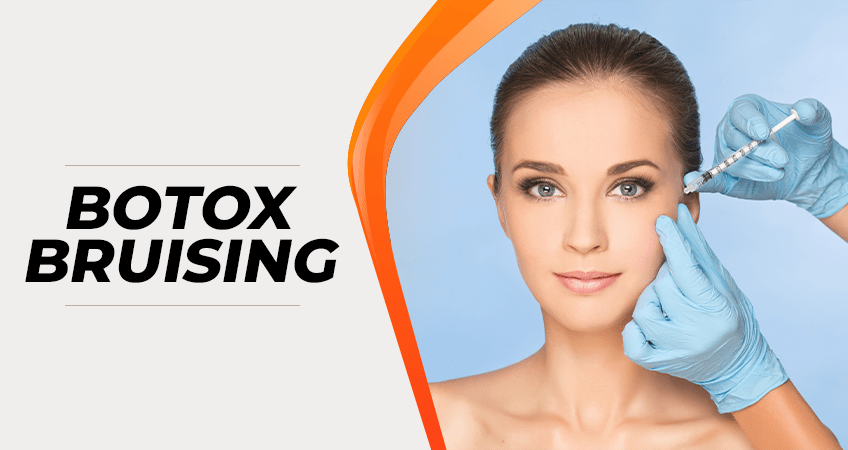When it comes to turning back the clock on ageing, there’s no doubt that Botox is one of the top contenders for getting your desired results. Unfortunately, with any cosmetic procedure, it’s important to be aware of possible side effects — and in the case of Botox, bruising can often occur after being injected into the skin. If you’re considering a treatment performed by Moon Aesthetics and are curious about what types of bruising reactions you could experience afterward, then our guide should put all your worries at ease! Join us as we uncover everything you need to know about Botox bruises.
What is Botox bruising and why it’s important to understand it
Botox is one of the most popular cosmetic treatments available today, primarily used for reducing the appearance of wrinkles and fine lines. While the treatment is relatively quick and minimally invasive, it’s important to understand the potential side effects, specifically Botox bruising.
Bruising can occur after Botox injections due to the needle puncture at the injection site. Although bruising is generally temporary and fades within a few days, it can still be a concern for patients who want to maintain a professional appearance. It’s crucial to discuss the possibility of bruising with your healthcare provider before undergoing the procedure and take steps to minimize the risk, such as avoiding certain medications and supplements.
Understanding Botox bruising can help patients prepare for the treatment and minimise any concerns they may have.
Common causes of Botox bruising
There are several reasons why bruising can occur, such as the injection site, the amount of pressure used during the injection, and the patient’s medical history. Other factors that can contribute to Botox bruising include the use of blood-thinning medications, alcohol consumption, and certain supplements. It’s essential to be aware of these risk factors and to choose a qualified and experienced injector to minimise the likelihood of bruising. If you do experience bruising, it typically resolves within a few days and can be camouflaged with makeup.
How long do Botox bruises last?
In most cases, Botox bruises will be noticeable for a few days after the procedure, and should fully resolve within two weeks. However, there are steps you can take to reduce how long the bruises last and their visibility — read on to find them out.
How to avoid bruising from Botox treatment

Thankfully, there are ways to minimise the chances of bruising. Firstly, it is important to avoid blood-thinning medications and supplements for several days prior to the treatment. Ice can also be applied to the area before and after the procedure, as it will help to constrict the blood vessels, preventing excessive bleeding. Lastly, choosing an experienced and skilled injector will greatly reduce the chances of bruising, as they will be able to administer the Botox properly with minimal damage to the blood vessels. By following these tips, Botox treatment can be a wonderful way to achieve a more youthful appearance with minimal side effects.
Medications to avoid
- Aspirin
- Ibuprofen
- Heparin
- Prescribed anti-coagulants (consult your Dr first)
- Clopidogrel
Supplements to avoid
- Fish oils
- Omega 3 fatty acids
- Vitamin E in high doses
- Garlic
- Turmeric
The importance of not drinking alcohol before or after Botox treatment
Alcohol consumption can increase the risk of bruising, bleeding, and swelling after the treatment, which can negatively affect the results of the Botox injections. Moreover, alcohol can also cause dehydration, which can make the skin appear dull and dry, making it harder for the Botox to take effect. In essence, not drinking alcohol before or after Botox treatment will ensure optimal results and minimise the risk of complications.
How to treat Botox bruises

One of the most important things to do is to apply ice to the affected area, as it helps reduce swelling and discomfort. Another important step is to avoid rigorous physical activity for a few days following the injection. If you do develop bruises, there are various treatment options available, such as applying topical arnica or taking oral supplements like Vitamin C to promote healing. Ultimately, seeking the advice of a qualified medical professional is the best course of action to ensure a quick recovery and optimal results.
How to cover Botox bruises
To start with, use a foundation that matches your skin tone and apply it evenly on your face. Then, use a colour-correcting concealer to target the areas that are bruised. A green concealer can help counteract the redness, while a peach or yellow concealer can neutralise the blue or purple undertones of the bruise. Finally, finish with a setting powder to lock the products in place.
Additionally, consider using skincare products that contain vitamin K, arnica, or calendula, as they can help speed up the healing process and reduce the appearance of bruises. With these tips, you can confidently cover up Botox bruises and enjoy your refreshed appearance.
Moon Aesthetics are your local Botox experts!
All in all, knowing what to expect with Botox bruising and how to manage it is key when deciding on the right treatment for you.
Here at Moon Aesthetics we understand the importance of feeling confident in your choice of service and are here every step of the way to provide support, advice and care. We provide all our clients with top quality Botox treatments covering Essex, London and the South East, so why not book in for a free consultation today?
You can trust that our highly experienced practitioners will offer you only the best advice and results to achieve optimal outcome for your aesthetic journey. At Moon Aesthetics we guarantee both safety and satisfaction – choose us today, let’s get started!







